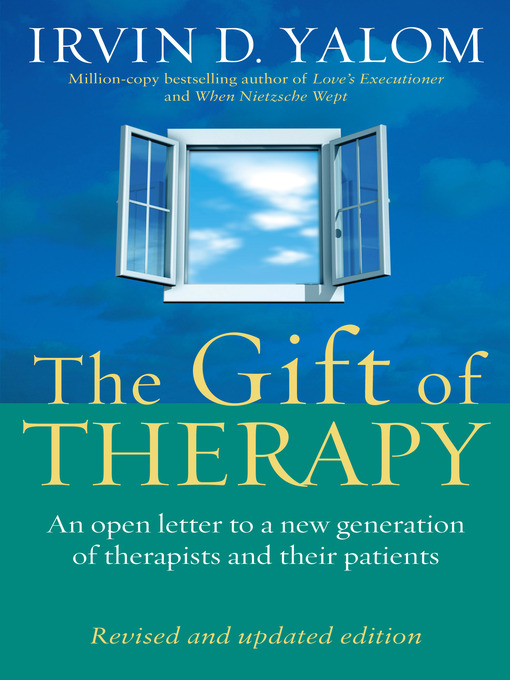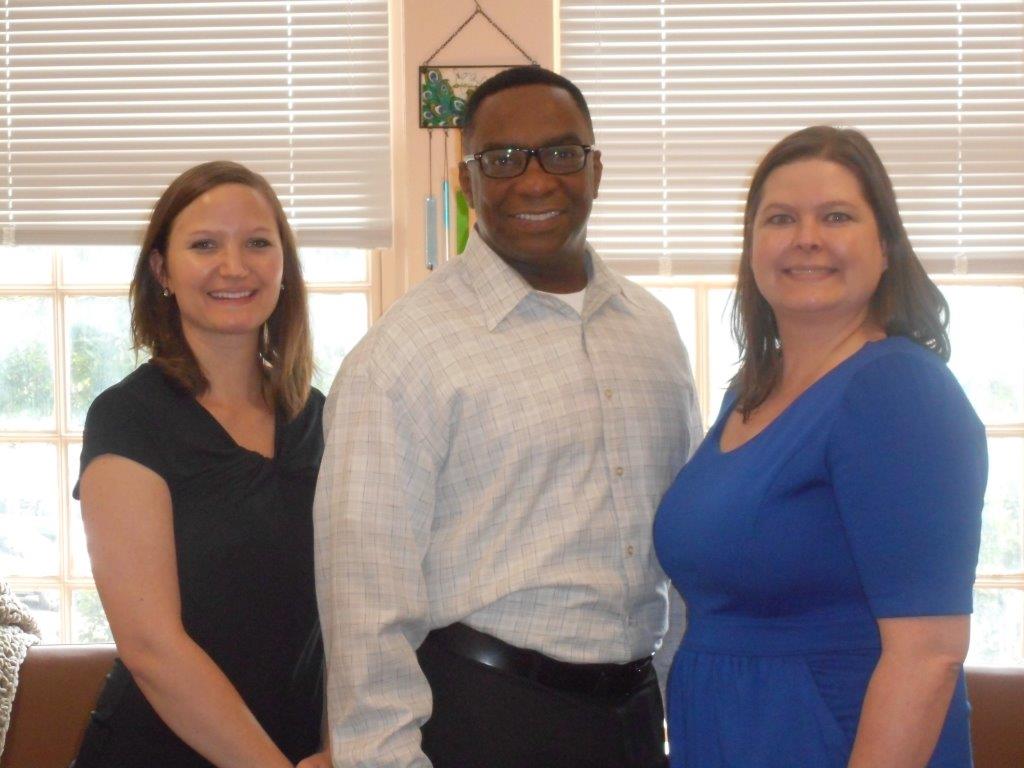It is a safe assumption that, by this point in our lives, most of us have heard of someone that died from a “broken heart.” How much stock do you put in that idea? I still remember when I was first introduced to this notion as a child (from reading the book—SPOILER ALERT—Where the Red Fern Grows, in which it happens to a dog). I remember this because it struck me as odd and, and even as a fourth-grader, improbable. Since that point, I have heard case after case of death via broken heart, and more often than not, it generally involved older adults (i.e. the elderly population). For instance (and certainly not to trivialize the occurrence of death), a grandmother dies, and then, inexplicably, the grandfather follows within a year or two. For those naysayers (myself included) stating that death by a broken heart is a scientific impossibility, perhaps the time has come to insert foot in mouth…
A new study from the University of Birmingham in the UK posits that grief can be harmful to the immune system, especially for those in the elderly population. So why does it seem to happen more frequently for the elderly population? According to the research, there are two different stress hormones that react differently to grief with age: cortisol and dehydroepiandrosterone sulphate (DHEAS). In younger adults, the ratio of cortisol and DHEAS remains relatively stable while in the process of bereavement; however, in older adults, the ratio is markedly imbalanced, with a higher level of cortisol than DHEAS. The interplay between these two hormones is that during times of high stress, cortisol can suppress elements of the immune system, while DHEAS can counteract the detrimental affects of the cortisol. If the elderly population has an imbalance with more cortisol than DHEAS, the negative impact of the cortisol can lead to a much weaker immune system (as there are less DHEAS hormones to neutralize things), leaving them susceptible to various illnesses.
So perhaps technically a “broken heart” is not what was directly responsible for the death, but it was the precursor, weakening the immune system leading to the disease that caused the death. So for those that were skeptical, next time you hear of such a case of death by broken heart, remember that there is sound scientific rationale behind it.
Pedersen, T. (2014, September). Why the Elderly Can Die from a Broken Heart. PsychCentral. Retrieved from psychcentral.com .
Vitlic, A., Khanfer, R., Lord, J., Carroll, D., and Philips, A. (2014). Bereavement reduces oxidative bursts only in older adults: role of the HPA axis and immunesenescence. Immunity and Ageing, 11, 13.
Faisal Roberts, MA
WKPIC Doctoral Intern


